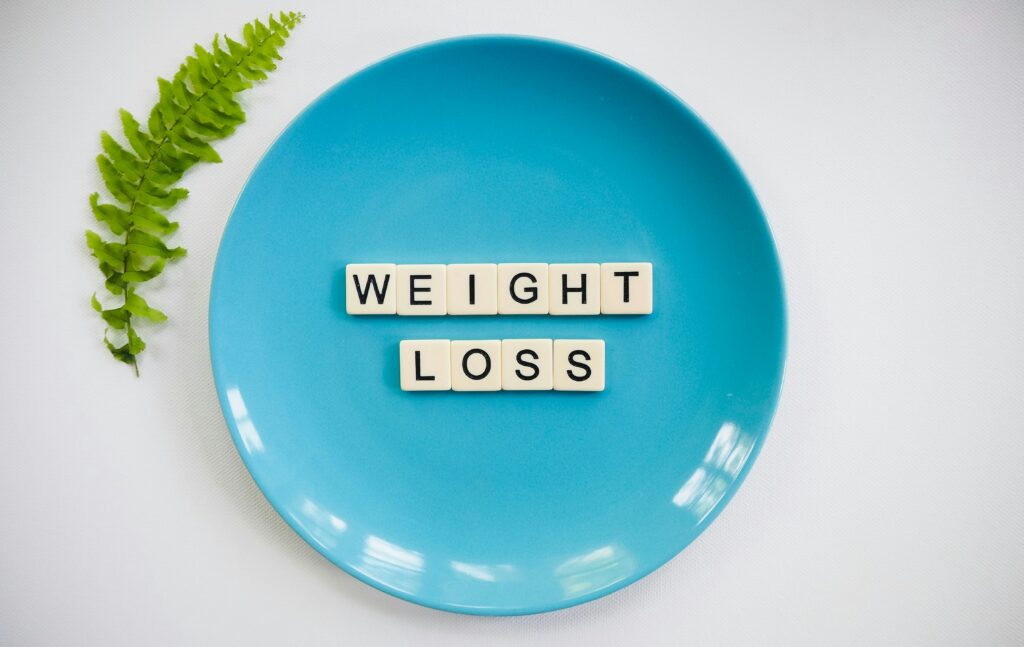
Walking round our beautifully blossomed park last week, I suggested to my friend that we take a coffee and cake break. She suddenly seemed sheepish. “I can’t do a cinnamon bun,” she confessed “I need to lose weight.” And she said it in such a weird, whispery, intense voice, that I thought she’d just disclosed her darkest secret. But really, who can blame her for her hesitancy in admitting she wants to slim? In 2024 it can feel unfeminist, retrogressive and out of touch. Haven’t we all matured beyond that to an acceptance of diversity, wellness and body neutrality? Surely weight loss and self-esteem should no longer be conflated?
Well, mostly yes, but sometimes no. Because, like my faltering friend, occasionally we just want to lose weight so our favourite jeans can fit well again. Or the doctor mentioned pre-diabetes. Or perhaps we’re aware that we’ve become uncomfortable in our own skin. If any of this resonates with you, then here are some excellent tips for maintaining self esteem before, during and after weight loss.
1. Keep your language clear of fat fascism
How you talk to yourself, and to others about your plans for weight loss is important. Some of the terms I hear around slimming and body image are so loaded and toxic, they should come with a mental health warning. For example, having a dessert is not ‘naughty’ and counting up your Weight Watcher syns to determine how well behaved you’ve been, is not the route to a fulfilling, healthy relationship with food.
Similarly if you’ve gained weight, it’s not because you’ve failed to live your best life, let yourself down or lack the discipline needed to achieve your glow up. And any licenced health professional who suggests otherwise, should be promptly unfollowed.
Before starting any type of weight loss plan, I recommend exploring the way you think about weight and self-esteem with a counsellor. You may well have more hang-ups than you think you do. And some serious digging might be needed to unearth them. However if this isn’t possible for you right now, then there are some other excellent resources out there. I can fully recommend the book Just Eat It by Dr Laura Thomas. Or for bite sized, easily digestible content, try the very funny and incisive Colleen @no.food.rules on Instagram.
2. Practise self-compassion for your self-esteem
If I could recommend one thing, above all else, it would be practising self-compassion. And some recent research shows it has a positive impact on weight loss and weight management.
So, what is self-compassion? Quite simply it’s talking to yourself in exactly the same way you’d talk to your very best friend. Think of the tone you’d use, the gentle, loving words and the patience you’d display if the pounds were initially slow to fall off. You would never, never call her fat, heckle her for going up a clothes size, or put her on a restrictive shake plan. For your best friend you would be both delicate and diligent when dealing with self-esteem and weight loss.
You’d also remind her that putting on weight at certain points in life is what women do. By way of example, I put a little on when I turned 30, a lot at the end of my pregnancy, and a moderate amount when I stopped breast feeding. Weight is no reflection of self worth, but just comes with the natural ebb and flow of life. A focus on developing eating patterns that make you feel good and exercising as a way to enjoy your body all pay dividends for mental and physical wellbeing.
If you’re interested in finding more about the benefits of self compassion in health and fitness then I’ve written a previous blog. Or there’s the work of Dr Kristin Neff who’s a pioneer in the field.
3. Weight loss probably won’t be a magic bullet
Here’s what the research tells us: There is some evidence that self esteem, body image and depressive symptoms will improve after weight loss. Which is what you’d expect. However advertising and social media would have us believe that weight loss will lead to finding love, getting a work promotion and becoming seriously sartorially stylish.
Dr. Charlotte Markey, a health psychologist, says, “I wouldn’t say no one feels better after weight loss, but I think the extent to which it might impact body image is oversold. People sometimes feel let down by this myth of transformation.”
This can be a hard reality for people to accept. But losing two stone will not turn a struggling, stagnant relationship in to a good one. You are the same as you ever were. Just a little lighter. To this end be honest with yourself about what you are hoping to achieve through healthful eating and weight loss. Because if you’re wanting a whole life overhaul, you’ll likely find that weight was never really the issue.

I’d love to hear your own experiences about managing your weight in a healthy and happy way. Please do comment below or email celia@cappuccinocounselling.com
